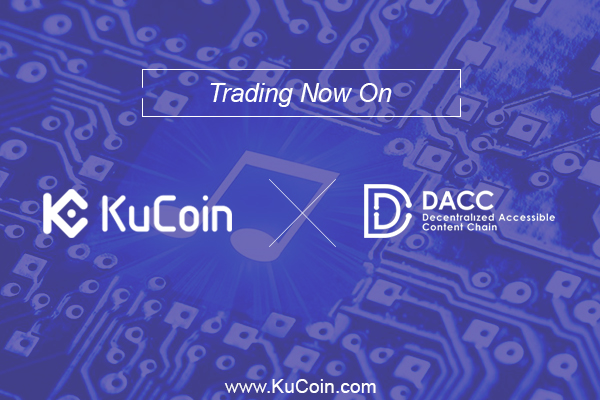2018-8-1 10:37 |
Crytpo Token Market Reformation Blueprint
Despite the financial growth that the token market has been seeing – such as over $20 billion raised in initial coin offerings and an overall valuation of $300 billion – the token market is facing its challenges. For example, the industry is currently suffering from a lack of distributed trust. Accordingly, the industry could benefit from a reformation.
A self-regulated system, which features broadly accepted norms of behavior, modes of communication, and business practices, may enable the crypto token market to transition from the fringes to the mainstream. Additionally, the market may be able to also experience unprecedented financial growth in which the opportunities are distributed not only to the small sect of early adopters, but also to the many participants who participate in the economy as a whole.
By adopting certain reforms, the token market may also engage proactive efforts to promote best practices. For example, there are efforts from the Token Alliance, which already features over 350 global industry participants, including experts for tokens and blockchain, economists, and regulators. The Alliance published a white paper on Monday, which proposes aligning two important constituencies, those who lead the industry and those who regulate it. Additionally, the white paper proposes establishing greater levels of clarify tokens that are not meant to be investment contracts, also known as “utility tokens.” Due to the nature of utility tokens, they should be excluded from securities laws.
Jim Newsome, the co-chair of the Token Alliance, and Paul Atkins, a former Securities and Exchange Commissioner, the white paper features principles that are designed to “help market participants understand the parameters around their activity and to act in a fair and responsible manner toward potential purchasers.” They further add that the guidelines identified may be able to help policymakers understand the technology so that arbitrary rules are not adopted.
Essentially, it is a two-way street between policymakers and regulators. Policymakers need more education concerning bitcoin, while regulators must be open to a level of deregulation that allows the policy to grow and flourish. For the most part, policymakers these days promote misplaced proposals that encourage poor industry behaviors, especially when it comes to the initial coin offering stage.
A recent assessment of ICOs determined that about two-thirds of them promoted in 2017 were scams. Worse yet, these scams were able to raise thousands of dollars in the eight or nine figure area without having anything viable to offer. As a result, there are those who advocate that ICOs should disappear. As for bitcoin itself, such naysayers view it as a true censorship-resistant system that is not reliant upon third parties to operate it or is at risk for being ceased by regulators.
Unfortunately, those who are anti-token are likely to be unsuccessful at causing its demise. As a result, the only answer may be to promote self-regulation.
For ICOs to flourish and improve, it may be helpful to develop a constructive legal framework. Developers and entrepreneurs need to be pragmatic. They can promote a decentralized and anti-corporate principles, while also fostering a realistic and positive relationship with regulators.
The key to doing so may be to promote a reliable and structured system that is self-regulated and that may also soften compliance for startups. Rather than rely on regulation to boost public confidence, the industry should implement its own efforts.
Standards of accountability, attestation, reputation, and certification will be able to rid of the bad actors and it will give regulators the objectives necessary to ensure that their mission is upheld as well. These qualities are the basic principles promoted by self-regulatory organizations, also known as SROs. Although SRO methods are highly criticized as well, adopting some of their methods can be beneficial, especially in such early stages for ICOs.
The authors of the Token Alliance argue that for self-regulation to succeed, regulators must receive education about ICOs. That is, they require “adequate, accurate, and balanced disclosures of information to enable anyone considering purchasing digital tokens to make an informed decision.”
It is also important to note that the proposed principles may also be unwelcome to teams who consider ICOs a way to get rich quick. But that should not matter – the point is to create an industry that evolves, grows, and improves based on the needs of investors, regulators, and startup managers.
origin »Bitcoin price in Telegram @btc_price_every_hour
Waves Community Token (WCT) на Currencies.ru
|
|











